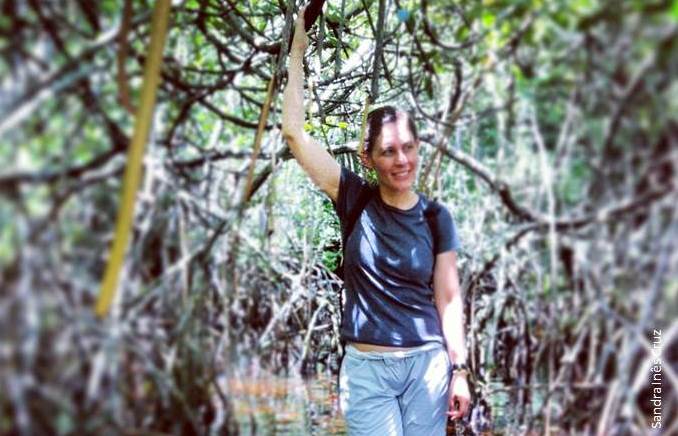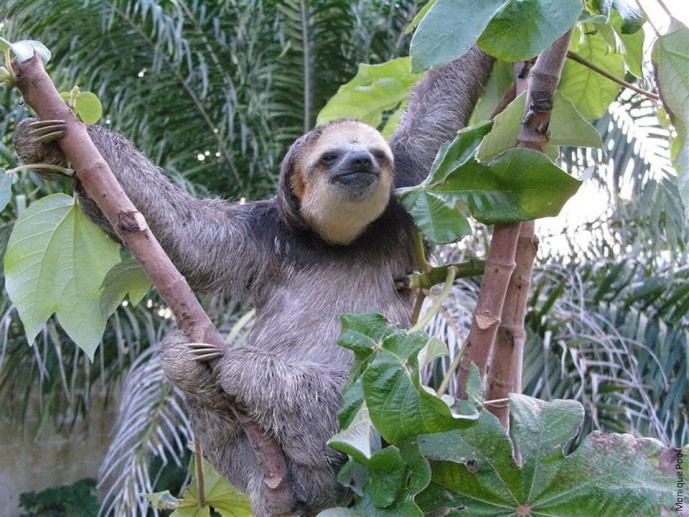Nádia Moraes-Barros
Auxiliary Researcher
I graduated in Biological Sciences and completed my PhD in Biology (Genetics) from Universidade de São Paulo-USP, Brazil. I started my studies focusing on phylogeography and conservation genetics of the Neotropical three-toed sloths.
In 2004 I was a post-doc fellow at the Laboratory of Evolutionary Biology and Vertebrate Conservation-Labec were I established the research group on Xenarthra Evolution and Conservation Genetics. In 2008 I received a Prodoc-Capes grant and worked as a post-doc researcher at the Genetics Graduation Program of Instituto de Biociências (USP), where my interests were focused on both the neutral and non-neutral components of genetic diversity. Since 2006 I work in collaboration with Brazilian governmental institutions on action plans and conservation biology strategies for xenarthrans (Environment Secretariat of São Paulo City; Brazilian Environmental Ministry). I am deputy chair of the IUCN/SSC Xenarthrans Specialist Group and also Editor of Edentata Journal. In 2012 I co-founded the Freeland Brazil organization were I worked as scientific project coordinator, on genetics and wildlife traffic. My current interests encompass tree main areas: the advances of new sequencing technologies applied to conservation genetics; teaching, science dissemination & outreach on evolution and conservation biology; wildlife traffic.
In 2013 I moved to Portugal and joined CIBIO-InBIO’s team to work specifically on Conservation Genetics in the Tropics. I am also external supervisor at the Universidade de São Paulo, Brazil and currently coordinate two main projects focused on conservation genetics of Neotropical mammals. The first one involves Xenarthrans and deals with evolutionary questions and the population viability assessment of distinct species, including the critically endangered sloth, B. pygmaeus, and the vulnerable three-banded armadillo, which recently gained notoriety for being selected as 2014 FIFA world cup mascot. The second project is more recent and deals with conservation genetics of the South American howler monkey, Allouata guariba clamitans, threatened by habitat destruction and outbreaks of yellow fever.

